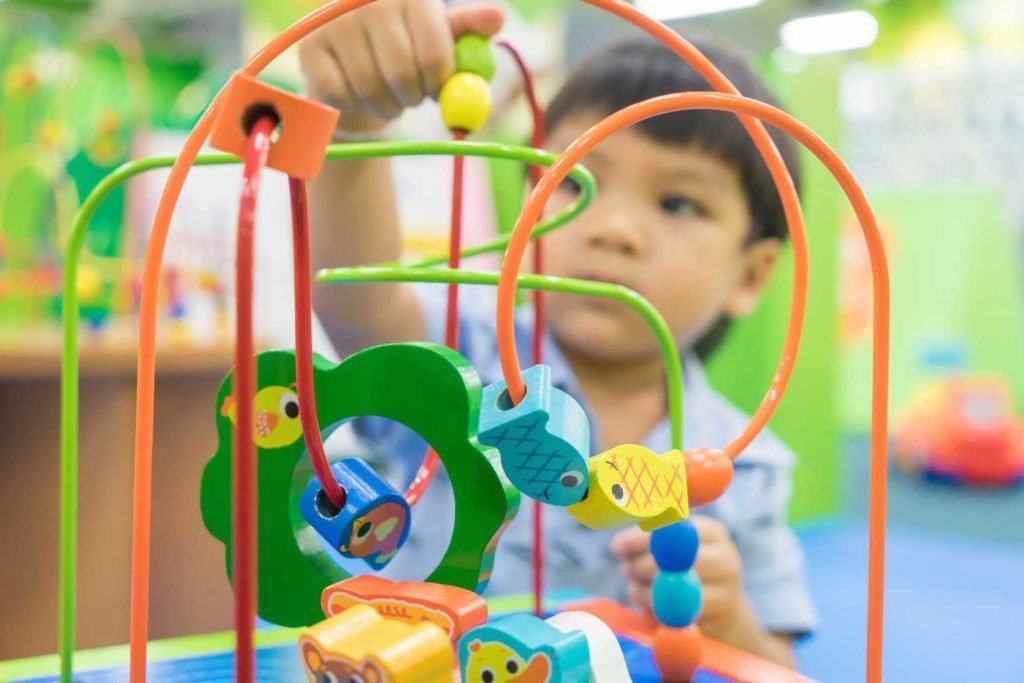Contents:
- Medical Video: Use this Method to Get Your Child to Listen and Behave
- 1. Always reward when he is kind
- 2. Don't make rules too strict
- 3. Remember the limitations of children, and do not expect excessive
- 4. Adjust penalties with age
- 5. Don't change rules and penalties
- 6. Make sure everyone who cares for your child applies the same discipline
- 7. Remember that your little one imitates you
Medical Video: Use this Method to Get Your Child to Listen and Behave
2 year olds are in the stage of learning which rules are allowed and which are not allowed. So, if he seems to be misbehaving, he doesn't do it intentionally.
Whether you are a disciplined parent, or if you are a more relaxed type of parent, these seven rules can be applied to help your child get used to discipline early on, which will benefit him when he grows up.
1. Always reward when he is kind
As much as possible, use positive ways to direct the child. For example, when your child walks up to the stove, turn his attention to other activities while explaining that the stove is an object that can only be approached by adults. When your child is nice and not stubborn, praise him and let him know that you are happy when he does that.
In this way, you will make him proud every time he applies well, and he will be encouraged to do this continuously.
2. Don't make rules too strict
If you are too organized and everything is not allowed, the child will be afraid to explore himself and try new abilities. Set a ban only for things that really matter, and teach him to control himself and apply well in social life, so that he can still have freedom but knows boundaries.
3. Remember the limitations of children, and do not expect excessive
For example, a child aged 2 or 3 years cannot control his desire to touch all items that are of interest to him. So it's not realistic if you hope that he won't touch items in a toy store or at a supermarket.
4. Adjust penalties with age
When your child acts stubborn, make sure you punish him according to the way he understands. For example, if you give a sentence by telling him to stay in a room without toys, don't let him be there for more than 5 minutes because after that he will forget that he is being punished.
If you prefer to advise him, choose simple words and logic about why this behavior is wrong. Don't use sentences like, "If you do that to you, you also won't like it, right?" This logic cannot be understood by preschoolers.
5. Don't change rules and penalties
Changing rules will only make your child confused. But of course as your child develops, you must apply new rules or change the old rules. For example, when your child is 2 years old, you only know if he plays with the food. But after he grows up, this habit certainly does not want you to continue. Then explain to him why now playing with food is no longer allowed.
Whether it's new rules or old rules that change, always explain to him what is the reason for you to apply the new rules.
6. Make sure everyone who cares for your child applies the same discipline
If you say you can't, but you allow, your child will be confused. And because he was clever, he knew that in order to be able to do things that were forbidden by the mother, he only needed to say, "Father said may." You and your partner accidentally become victims of sheepfight. The same thing can happen to baby sitter and the grandmother, grandfather, and aunt of the little one who took care of him. Make sure they all know which boundaries your child may or may not do.
7. Remember that your little one imitates you
If you apply disciplined and orderly life, your child will realize it and as it grows it will also follow it. Be careful, because if you often punish him by playing hands, he will think that it's okay to solve the problem by means of violence.












